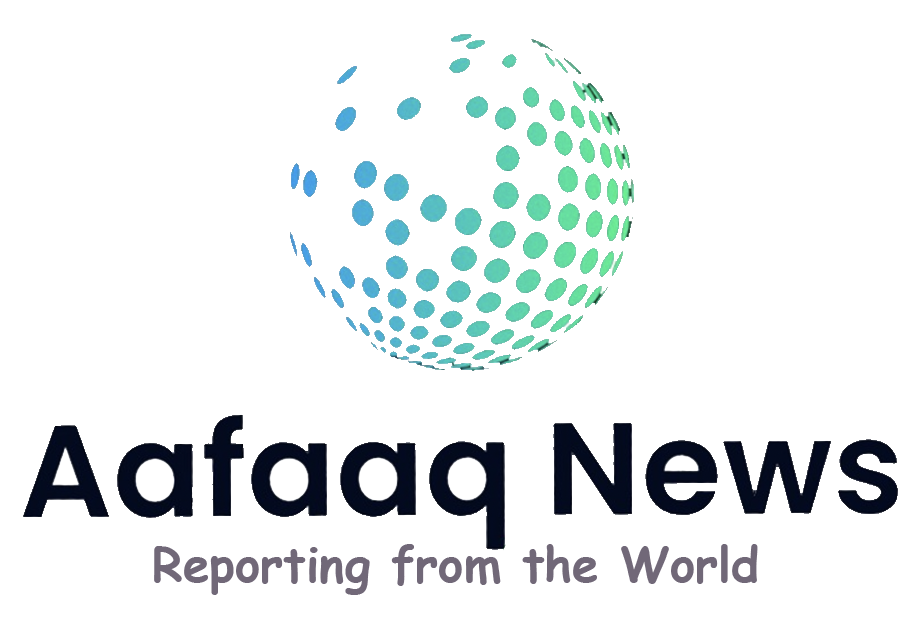Somalia is grappling with an unprecedented climatic event as the country experiences a prolonged and severe drought, exacerbated by the accelerating pace of climate change. The consequences have been devastating, with 1.4 million people internally displaced and 8.25 million individuals, nearly half of Somalia’s population, urgently needing humanitarian assistance. Furthermore, flash flooding triggered by moderate rains in March has affected 175,000 people, displacing 130,000.
The challenges faced by Somalia go beyond climate-related emergencies, including violent conflict, corruption, poverty, and increased internal displacement. Recognizing the interconnected nature of these issues, the United Nations (UN) and the Resident Coordinator have prioritized addressing the root causes of displacement, insecurity, and climate-induced emergencies while supporting Somalia’s development goals.
To implement this approach, the UN established task forces focusing on climate adaptation and water management, durable solutions for displacement-affected communities, and anti-fraud and anti-corruption initiatives. These task forces aim to enhance coordination among humanitarian, development, and peacebuilding actors, both within and outside the UN, by facilitating programmatic support and information-sharing.
The Water Management Taskforce, for instance, brings together various UN entities to find joint solutions for drought and flood management. In parallel, the government launched the National Coordination Facility, supported by the UN, to strengthen Somalia’s leadership in water management and implement the National Water Resources Strategy.
Somalia is also one of the pilot countries selected to implement the UN Secretary-General’s Action Agenda on Internal Displacement. The UN country team has initiated the flagship project ‘Saameynta,’ which combines resources and expertise to help internally displaced families find permanent homes. Efforts also focus on supporting national authorities in implementing the National Durable Solutions Strategy, including access to sustainable livelihoods and employment, protection against eviction, and access to the justice system.
Recognizing the potential of Somalia’s young population, the UN established the Somalia Youth Advisory Board, comprising 18 members who contribute to improving the relevance, mobilization, and outreach efforts of UN initiatives among young people.
Additionally, the UN has prioritized addressing corruption through the Anti-Fraud & Anti-Corruption Taskforce, promoting dialogue, guidance, and conditionality with the government and stakeholders. Somalia’s accession to the UN Convention against Corruption and participation in the Implementation Review Mechanism further demonstrate the commitment to combat corruption.
Moving forward, the UN’s cross-pillar approach will guide its work in Somalia, aligning with the UN Sustainable Development Cooperation Framework and supporting the Government’s ninth National Development Plan. By placing people and the planet at the core, this approach aims to meet future challenges while realizing Somalia’s collective aspirations for peace, prosperity, and sustainable development.











